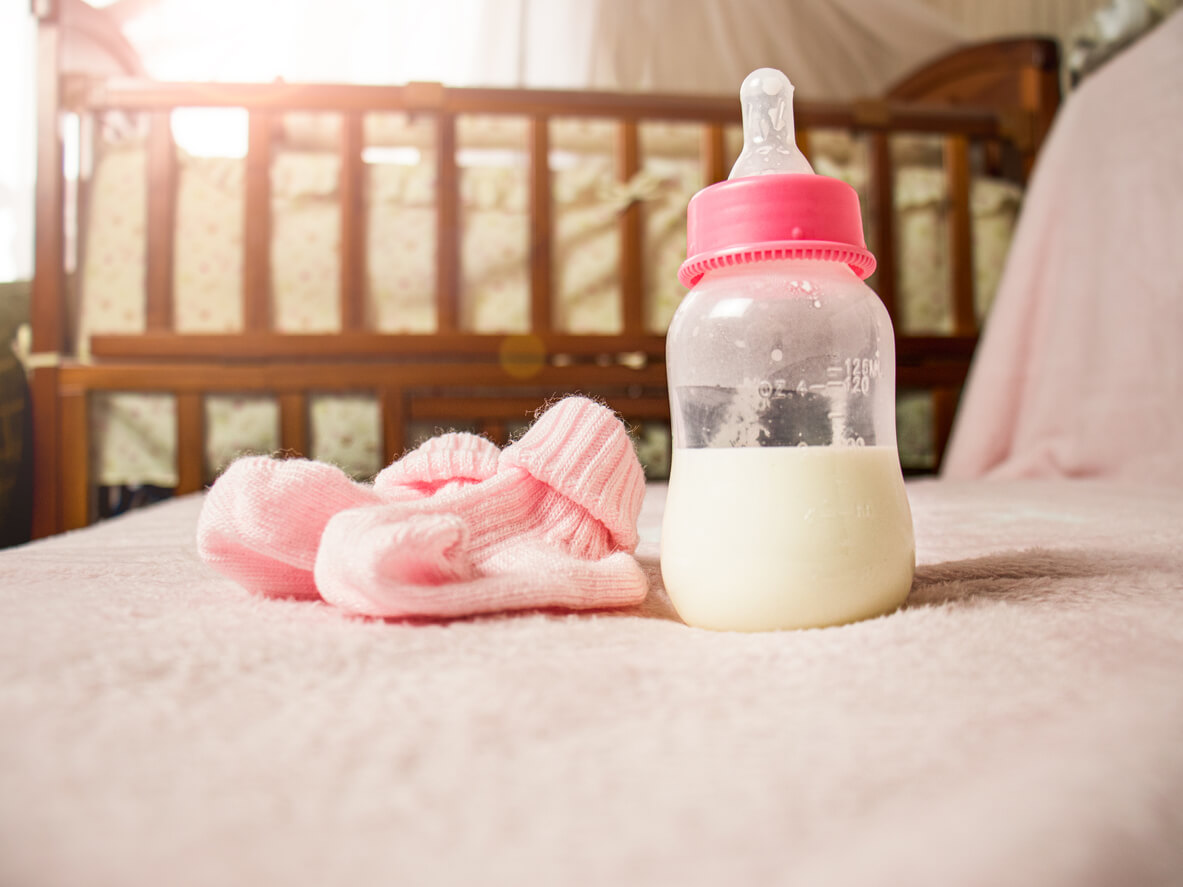What the Latest Baby Formula Verdict Means for Hundreds of Pending NEC Lawsuits
Editors carefully fact-check all Consumer Notice, LLC content for accuracy and quality.
Consumer Notice, LLC has a stringent fact-checking process. It starts with our strict sourcing guidelines.
We only gather information from credible sources. This includes peer-reviewed medical journals, reputable media outlets, government reports, court records and interviews with qualified experts.

Momentum may have shifted for hundreds of pending baby formula lawsuits after defendants notched their first trial win in the ongoing litigation last week.
Baby formula manufacturers Abbott Laboratories and Mead Johnson prevailed in a case against the mother of a child who developed necrotizing enterocolitis (NEC). In this case, she claimed that the companies failed to warn of the risks associated with feeding cow’s milk formula to premature infants.
Elizabeth Whitfield’s son, Kaine, developed NEC after being fed Abbott and Mead Johnson’s formulas. NEC is an intestinal issue that can lead to serious complications and even death. Despite those claims, the jury opted not to hold either of the baby formula manufacturers, or the hospital where the baby received care, liable.
This is a stark departure from the two previous baby formula cases to go to trial this year. The plaintiffs won both trials, with verdicts of $60 million and $495 million awarded to the families of premature infants who developed NEC.
Some key differences in this trial may have played a role in the outcome and could signal where future litigation is headed.
Defendants Leaned on Other NEC Risk Factors at Play, Limited Use of Formula
The latest baby formula trial, which lasted for five weeks, saw defendants succeed for the first time in calling out other potential causes of NEC that could have impacted the infant in question.
In the July trial where Abbott was ordered to pay $495 million to the family of a premature infant that developed NEC, Courtroom View Network reported that the baby formula manufacturer had pointed to lack of oxygen as a potential cause of the intestinal illness in the infant. The jury was unconvinced by that argument and sided with the plaintiff.
But in last week’s trial, the defendants leaned on the fact that Whitfield’s son had multiple infections that needed to be treated with antibiotics along with other NEC risk factors, according to Reuters.
The defendants also successfully pointed out that some of the products in question were scarcely used in this case. According to Law.com, Mead Johnson’s representative stated that doctors fed Kaine the company’s baby formula for just a single feed.
Those factors helped to set up a win for the defendants and avoid what could have been a devastating third straight loss in the litigation.
What Last Week’s Verdict Means for Future Baby Formula Lawsuits
The future of the ongoing baby formula lawsuits was looking more clear before this verdict. If a third straight trial had gone to the plaintiffs, it could have signaled a high chance of success for many of the hundreds of pending lawsuits and may have helped fuel momentum for an eventual settlement.
But there are more cases set to go to trial, with some movement in the closely watched multidistrict litigation where many baby formula lawsuits have been consolidated.
As of November, 598 lawsuits were pending in the MDL, with trial dates set for four bellwether cases. Bellwethers serve as test cases and help inform the direction of future litigation. Early wins for plaintiffs in those cases could be very valuable for active lawsuits.
The first bellwether trial in the MDL is scheduled for May 2025.
Editor Lindsay Donaldson contributed to this article.